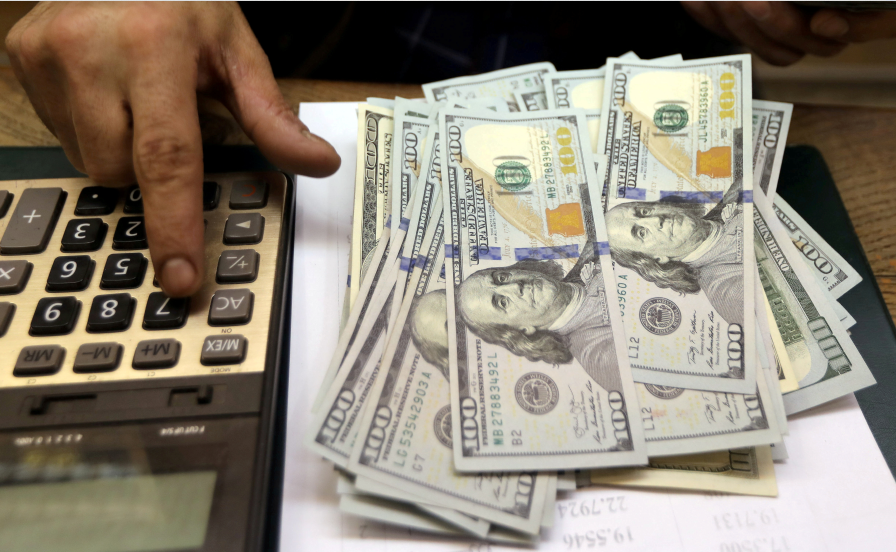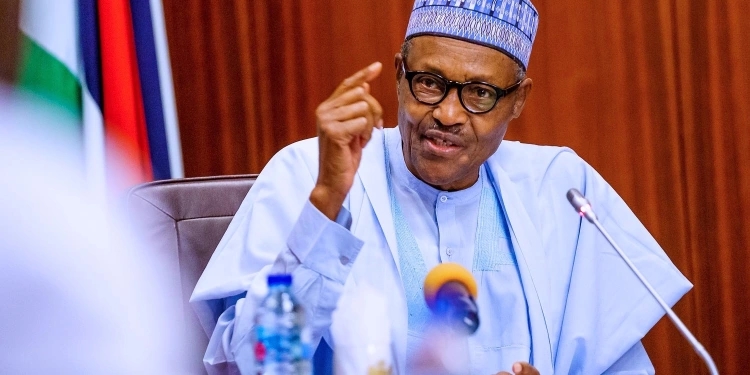Financial Expert Kalu Aja Central Bank’s maintenance of an official rate punishes local producers and subsidizes foreign producers.
Aja’s comment comes shortly after the Labour Party’s presidential candidate, Mr Peter Obi, stated that he would abandon the multiple exchange regime and reduce the inflation rate in Nigeria.
The presidential candidate stated that the multiple exchange rate regime, which encourages capital flight and deters investment, has worsened the country’s forex situation.
What Aja said: He stated that a strong naira would discourage local producers. He said
- “1960 to 1980: $1:N1.50. Nigerians eat imported Uncle Ben’s rice; it’s cheap. $10 is N15. 1990 to date $1:N100+. Nigerians eat Ofada, Kebbi & Abakaliki rice as a substitute for imported rice because they are now more affordable. Strong naira kills local SMEs.
- “However, when you remove restrictions on imports and exports, you allow the market to judge. Uncle Ben’s will sell for N10,000. Ofada will sell for N1,000. This is possible when you invest in local infrastructure to LOWER the costs of Ofada rice.
- The current system (NAFEX) keeps the Naira strong, subsidized Uncle Ben’s rice producers in the US, and punishes local Ofada rice SMEs.Hence remove the restrictions.”
What you should know: The exchange rate between the local currency and the US dollar is trading at N790/$1. At the same time, the naira closed against the US dollar at around N446.67/$1 at the official market.
Nigeria is still battling with massive erosion of purchasing power. The inflation rate jumped to a 17-year high of 21.09% in October 2022, marking a 0.32% point increase from the 20.77% recorded in September.
In Fitch’s recent report, inflation forecasts are to average 19% in 2022 and fall only moderately to 17.8% in 2023. The CBN raised the monetary policy rate three times by a total of 450bp in 2022 and has used the cash reserve ratio to remove liquidity from the domestic banking sector periodically.











